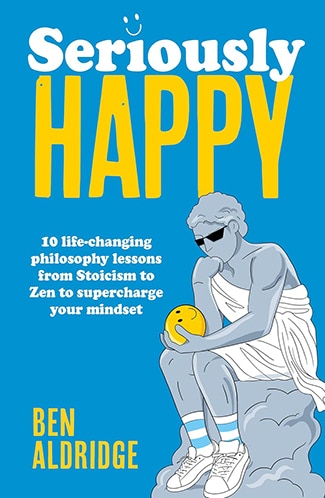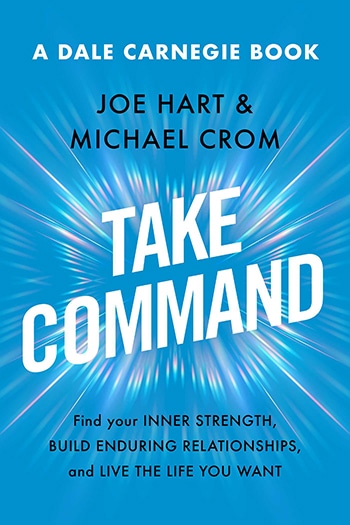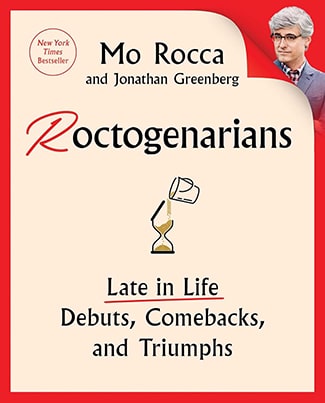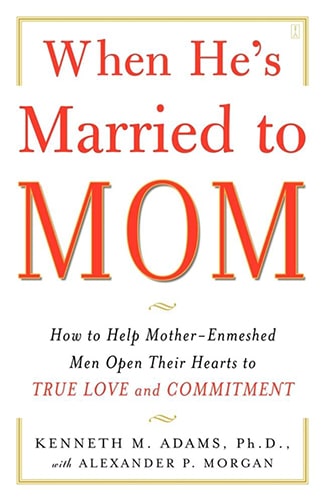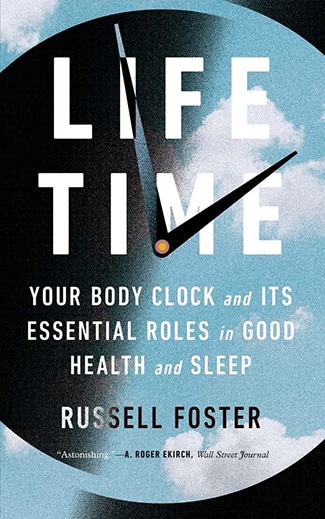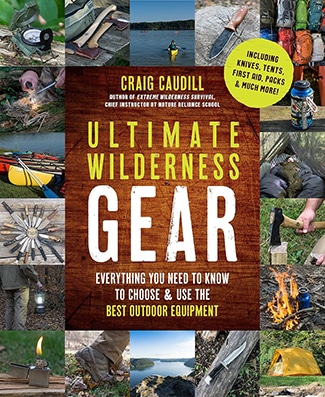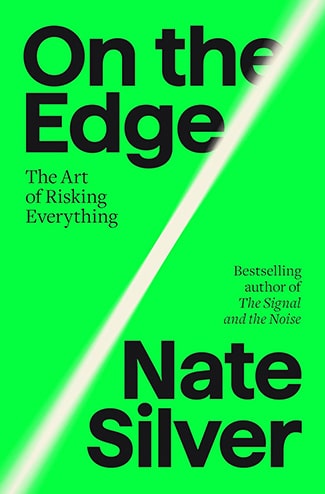Podcast Summary
Focusing on meaning, not happiness, leads to a fulfilling life: Three pillars of a meaningful life are belonging, purpose, and transcendence, which can be found through relationships, personal growth, and spirituality, respectively. Meaning can be found independently.
According to Emily Eswani Smith, author of "The Power of Meaning," the pursuit of happiness alone may lead to unhappiness, and instead, we should focus on finding meaning in our lives. Smith argues that more and more Westerners are reporting a lack of meaning in their lives, and she identifies three pillars of a meaningful life: belonging, purpose, and transcendence. These can be experienced through relationships, personal growth, and spirituality, respectively. Smith also emphasizes that meaning can be found independently, without being embedded in a religious or spiritual tradition. The podcast episode also features sponsors Online Great Books and Squarespace, offering resources for reading great books and creating websites, respectively.
Connecting and contributing to something bigger than oneself: Happiness is a positive emotion, while meaning involves deeper connection and contribution to something significant beyond oneself.
While happiness is defined as a positive mental and emotional state, meaning goes beyond happiness and involves connecting and contributing to something bigger than oneself. According to the speaker, research shows that happiness is a popular cultural obsession, but leading a meaningful life, as demonstrated by the Sufis she grew up with, involves finding significance and purpose beyond one's own desires. The speaker's exploration of this concept led her to study positive psychology and write about the importance of living a meaningful life. The difference between happiness and meaning is significant, as happiness is a positive emotion, while meaning is a deeper sense of connection and contribution.
The Meaning Crisis in Modern Society: Modern society is experiencing a meaning crisis, leading to rising mental health issues and a lack of happiness, as traditional sources of meaning recede from public life
While happiness and meaning in life can overlap, they are not the same. People can lead meaningful lives without being happy, and vice versa. Traditional sources of meaning, such as religion, community, and national allegiance, are increasingly receding from public life, leading to a growing sense of meaninglessness for many people. This shift in values is a problem of modernity and is not unique to the United States, as other Western developed countries are also experiencing this meaning crisis. The rising indicators of mental illness, including depression, anxiety, loneliness, opioid epidemic, and suicide rates, are all linked to the feeling of a lack of meaning in life.
Shifting Values: From Survival to Spirituality: As societies progress, values shift towards spirituality and existentialism, but feelings of belonging and isolation persist. Institutions and communities are addressing this by promoting new ways to connect and belong.
As societies evolve, values shift from survival to materialism, and now towards spiritual and existential values. However, despite advancements in technology and connectivity, feelings of belonging and isolation are on the rise. This is due in part to individualism and the breakdown of civic institutions and community. While social media can provide a sense of connection, it's not a replacement for face-to-face interaction. Institutions and communities are responding to this issue by creating new ways for people to connect and belong. Inglehart's research shows that post-developed societies are moving towards values centered around meaning, creativity, knowledge, and curiosity. This shift is evident in the reorienting of corporate missions and the focus on character education in schools.
The Importance of In-Person Interactions for Building Belonging: While technology can help us connect, face-to-face interactions offer unique benefits and are crucial for forming deep connections. Cultivate belonging through organizing in-person meetups, celebrating others, and volunteering in the community.
While technology, such as social media, can help us connect with family and form new relationships, it's important not to rely solely on virtual connections. Face-to-face interactions offer unique psychological and physical benefits that can't be replicated online. Using social media to organize in-person meetups and celebrating others' good news are effective ways to cultivate belonging in both small and meaningful ways. However, forming deep connections requires effort and vulnerability, and sometimes stepping out of our comfort zones to help others or volunteer in our communities. Ultimately, a meaningful life takes work, but the rewards of connection, service, and satisfaction are worth the investment.
Finding Purpose in Small Contributions: Purpose isn't limited to grand goals, it can be found in small actions that contribute to others' lives or a larger cause.
Purpose is not limited to grand, world-changing goals, but can be found in smaller, local contributions. Harry's founders prioritize providing high-quality, affordable razors, contributing to customers' comfort and satisfaction. Squarespace enables individuals to create unique websites, contributing to the digital world and showcasing their work. Purpose is defined as a goal or principle that organizes one's life and makes a contribution to others. It can range from working on a cure for cancer to raising children or volunteering. Even small actions, like cleaning bedpans in a hospital, can hold significant purpose when connected to a larger cause.
Discovering and living out one's purpose: Reflect on strengths, engage in small actions, and remember that purpose can evolve throughout life to make a positive impact
Finding and living out one's purpose in life can be a complex process, but it's essential for personal growth and fulfillment. During challenging times, even small actions like getting a job or volunteering can help re-engage us with the world and provide a sense of meaning. Finding purpose can be an active process, involving self-reflection and identifying strengths and talents, or it can be a more organic process that emerges as we give back to our communities and the world. It's important to remember that purpose can evolve throughout our lives, and as we grow and change, the things that give us meaning may shift as well. Ultimately, the specifics of our purpose are up to us, but the key is to use our unique talents and strengths to make a positive impact on the world and those around us.
The power of self-narratives: Be aware of the stories we tell ourselves, ensure they're based on complete understanding, and reframe our perception to create empowering narratives.
The stories we tell ourselves about ourselves play a significant role in shaping our perception of our lives and our ability to find meaning and purpose. We are constantly constructing narratives based on our experiences, and these narratives can either empower us or hold us back. It's essential to be aware of the stories we tell ourselves and make sure they are based on a complete and accurate understanding of our experiences. For example, when faced with setbacks or challenges, we may focus on the negative aspects and construct a story that reinforces our feelings of inadequacy or helplessness. However, if we take a broader perspective and consider all the data points, we may find that there are positive aspects to our experiences that we have overlooked. By incorporating these positive aspects into our story, we can reframe our perception of ourselves and our lives in a more empowering way. It's important to remember that we have the power to change our stories and create meaning in our lives, even if it means challenging the narratives we have held for a long time.
Acknowledging negativity bias and incorporating positive experiences in storytelling: Recognize the brain's negativity bias and balance narratives with positive experiences to create accurate and engaging stories. Seek out moments of transcendence for inspiration and connection to something greater.
Our brains have a strong negativity bias, making us more likely to remember and focus on negative experiences. However, when crafting stories, it's essential to acknowledge this bias and actively seek out and incorporate positive experiences to create a more accurate and balanced narrative. Another key concept is transcendence, which refers to moments when we feel connected to something larger than ourselves. These experiences, whether religious or secular, can evoke awe and inspire a sense of meaning and reassurance by taking our focus off ourselves and connecting us to something greater.
Creating Meaning Without Religion: A Personal Quest: Emily Esfahani Smith suggests that finding growth from adversity and focusing on personal pillars of meaning can help individuals create a fulfilling life without religion.
Creating personal meaning in life without the guidance of religion can be a challenging yet rewarding process. According to Emily Esfahani Smith, people who can tell stories of adversity and find growth or good from it are more likely to contribute to others and foster connections. While all six pillars of meaning - belonging, purpose, storytelling, transcendence, self-acceptance, and self-transcendence - are important, individuals may find that one or two resonate more deeply with them. Creating meaning outside of religion requires effort, but it can also be exciting and meaningful as it's a personal quest. For more information about Emily's work, visit her website, emilyesfahanismith.com, or follow her on Twitter and Facebook. She encourages readers to reach out to her directly with any questions or comments.
Exploring the Essential Elements of Meaning: Focusing on belonging, purpose, storytelling, transcendence, virtue, and love can enhance emotional resilience, improve relationships, and lead more fulfilling lives.
The importance of finding meaning in our lives. Emily Esfani Smith, the author of "The Power of Meaning," emphasizes that having a sense of purpose and belonging contributes significantly to our overall well-being. She discusses the six essential elements of meaning: belonging, purpose, storytelling, transcendence, virtue, and love. By focusing on these elements, we can enhance our emotional resilience, improve our relationships, and lead more fulfilling lives. Smith's book offers practical insights and exercises to help readers incorporate these elements into their daily lives. Additionally, she encourages us to engage in activities that foster a sense of connection to others and to the world around us. As a reminder, you can find Emily's work and more resources related to this topic on her website, emilyesfanismith.com. Don't forget to check out the show notes at aom.is/power-of-meaning for additional links. If you've enjoyed this episode, please consider leaving a review on iTunes or Stitcher to support the Art of Manliness Podcast. Until next time, stay manly by focusing on the essential elements of meaning in your life.

